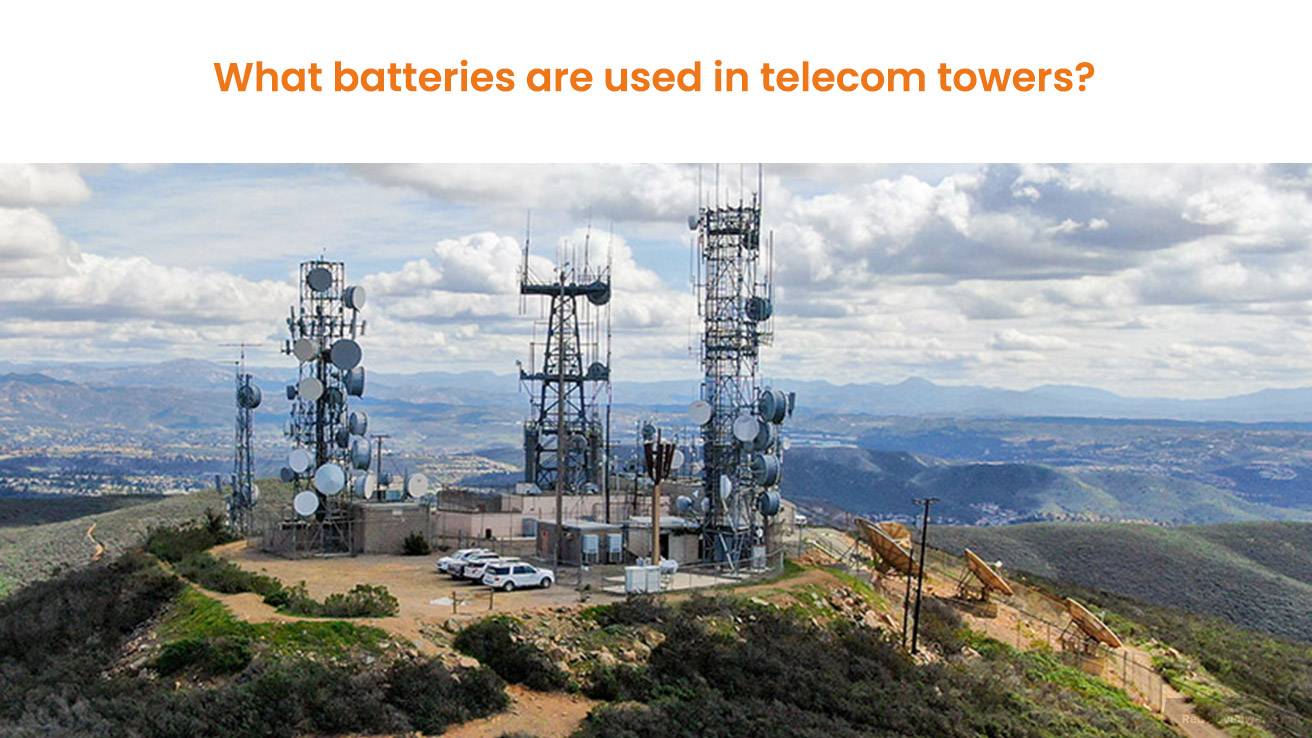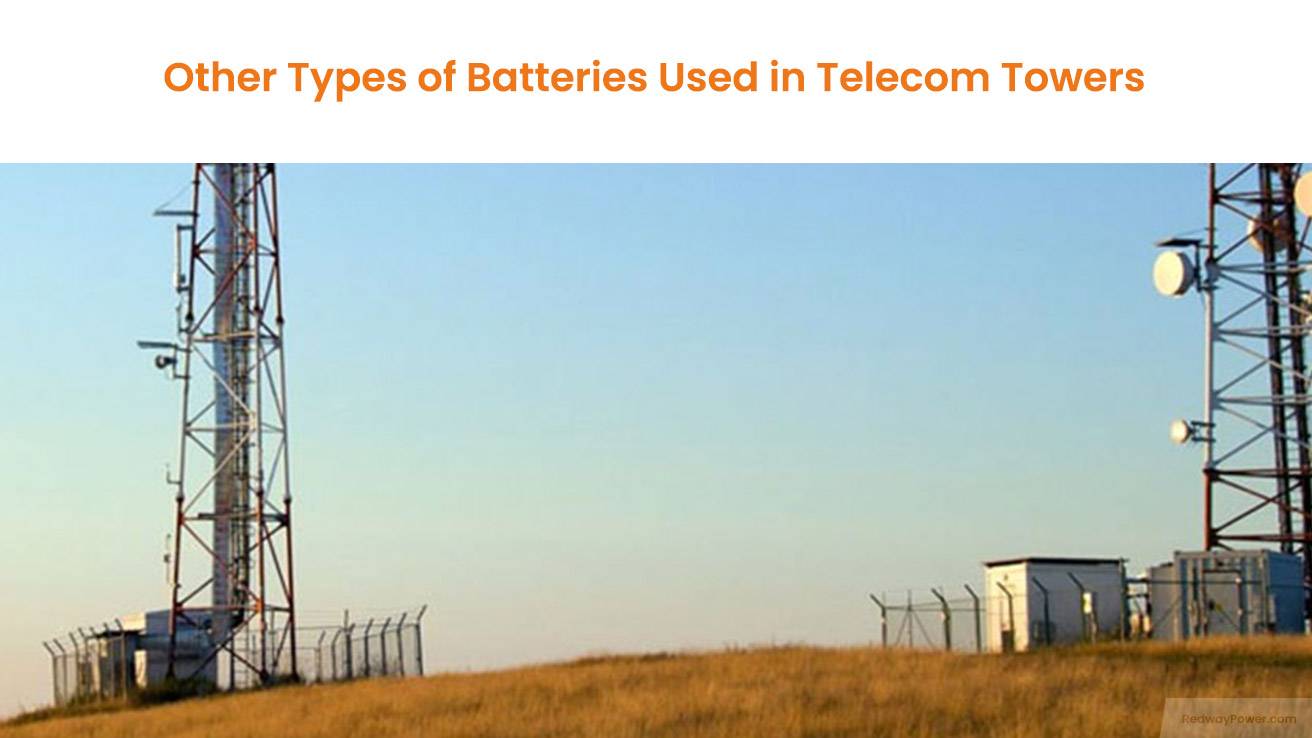- Lithium Golf Cart Battery
- Forklift Lithium Battery
-
48V
- 48V 210Ah
- 48V 300Ah
- 48V 420Ah (949 x 349 x 569 mm)
- 48V 420Ah (950 x 421 x 450 mm)
- 48V 456Ah
- 48V 460Ah (830 x 630 x 590 mm)
- 48V 460Ah (950 x 421 x 450 mm)
- 48V 460Ah (800 x 630 x 600 mm)
- 48V 460Ah (820 x 660 x 470 mm)
- 48V 500Ah
- 48V 560Ah (810 x 630 x 600 mm)
- 48V 560Ah (950 x 592 x 450 mm)
- 48V 600Ah
- 48V 630Ah
-
48V
- 12V Lithium Battery
12V 150Ah Lithium RV Battery
Bluetooth App | BCI Group 31
LiFePO4 Lithium
Discharge Temperature -20°C ~ 65°C
Fast Charger 14.6V 50A
Solar MPPT Charging - 24V Lithium Battery
- 36V Lithium Battery
- 48V Lithium Battery
-
48V LiFePO4 Battery
- 48V 50Ah
- 48V 50Ah (for Golf Carts)
- 48V 60Ah (8D)
- 48V 100Ah (8D)
- 48V 100Ah
- 48V 100Ah (Discharge 100A for Golf Carts)
- 48V 100Ah (Discharge 150A for Golf Carts)
- 48V 100Ah (Discharge 200A for Golf Carts)
- 48V 150Ah (for Golf Carts)
- 48V 160Ah (Discharge 100A for Golf Carts)
- 48V 160Ah (Discharge 160A for Golf Carts)
-
48V LiFePO4 Battery
- 60V Lithium Battery
-
60V LiFePO4 Battery
- 60V 20Ah
- 60V 30Ah
- 60V 50Ah
- 60V 50Ah (Small Size / Side Terminal)
- 60V 100Ah (for Electric Motocycle, Electric Scooter, LSV, AGV)
- 60V 100Ah (for Forklift, AGV, Electric Scooter, Sweeper)
- 60V 150Ah (E-Motocycle / E-Scooter / E-Tricycle / Tour LSV)
- 60V 200Ah (for Forklift, AGV, Electric Scooter, Sweeper)
-
60V LiFePO4 Battery
- 72V~96V Lithium Battery
- Rack-mounted Lithium Battery
- E-Bike Battery
- All-in-One Home-ESS
- Wall-mount Battery ESS
-
Home-ESS Lithium Battery PowerWall
- 24V 100Ah 2.4kWh PW24100-S PowerWall
- 48V 50Ah 2.4kWh PW4850-S PowerWall
- 48V 50Ah 2.56kWh PW5150-S PowerWall
- 48V 100Ah 5.12kWh PW51100-F PowerWall (IP65)
- 48V 100Ah 5.12kWh PW51100-S PowerWall
- 48V 100Ah 5.12kWh PW51100-H PowerWall
- 48V 200Ah 10kWh PW51200-H PowerWall
- 48V 300Ah 15kWh PW51300-H PowerWall
PowerWall 51.2V 100Ah LiFePO4 Lithium Battery
Highly popular in Asia and Eastern Europe.
CE Certification | Home-ESS -
Home-ESS Lithium Battery PowerWall
- Portable Power Stations
What Batteries Are Used in Telecom Towers?

Telecom towers utilize various battery types to ensure uninterrupted service during power outages and fluctuations. The most commonly used batteries include lead-acid, lithium-ion, nickel-cadmium, and nickel-metal hydride batteries, each offering unique advantages suited to different operational needs.
What Types of Batteries Are Commonly Used in Telecom Towers?
Telecom towers typically use several types of batteries, including:
- Lead-Acid Batteries: These are the traditional choice due to their low cost and high reliability. They are often used for backup power but require regular maintenance.
- Lithium-Ion Batteries: Gaining popularity due to their higher energy density, longer lifespan, and reduced maintenance needs.
- Nickel-Cadmium (Ni-Cd) Batteries: Known for their durability and ability to perform well in extreme temperatures.
- Nickel-Metal Hydride (Ni-MH) Batteries: Offering higher energy density than Ni-Cd batteries, they are also used but less commonly than lithium-ion.
Chart: Comparison of Battery Types Used in Telecom Towers
| Battery Type | Advantages | Disadvantages |
|---|---|---|
| Lead-Acid | Low cost, high reliability | Requires maintenance, shorter lifespan |
| Lithium-Ion | High energy density, longer lifespan | Higher initial cost, safety concerns |
| Nickel-Cadmium (Ni-Cd) | Durable, performs well in extreme conditions | Lower energy density than lithium-ion |
| Nickel-Metal Hydride (Ni-MH) | Higher energy density than Ni-Cd | More expensive than Ni-Cd |
How Do Lithium-Ion Batteries Compare to Lead-Acid Batteries for Telecom Use?
Lithium-ion batteries are increasingly preferred over lead-acid batteries in telecom applications due to several factors:
- Energy Density: Lithium-ion batteries have a higher energy density, allowing them to store more energy in a smaller footprint.
- Lifespan: They typically last longer than lead-acid batteries, reducing replacement frequency and costs.
- Maintenance: Lithium-ion batteries require less maintenance compared to lead-acid options.
Chart: Performance Comparison Between Lithium-Ion and Lead-Acid Batteries
| Feature | Lithium-Ion | Lead-Acid |
|---|---|---|
| Energy Density | Higher | Lower |
| Lifespan | Longer (up to 10 years) | Shorter (3-5 years) |
| Maintenance Needs | Minimal | Regular maintenance required |
What Are the Advantages of Using Nickel-Cadmium and Nickel-Metal Hydride Batteries?
Nickel-cadmium (Ni-Cd) and nickel-metal hydride (Ni-MH) batteries offer specific advantages:
- Ni-Cd Batteries: Known for their robustness and ability to withstand deep discharges. They perform well in extreme temperatures but have lower energy density compared to lithium-ion.
- Ni-MH Batteries: Provide higher capacity than Ni-Cd batteries and are less toxic. However, they are not as widely used as lithium-ion due to cost considerations.
Chart: Advantages of Ni-Cd vs. Ni-MH Batteries
| Battery Type | Advantages |
|---|---|
| Nickel-Cadmium (Ni-Cd) | Robustness, deep discharge capability |
| Nickel-Metal Hydride (Ni-MH) | Higher capacity, lower toxicity |
How Do Environmental Conditions Affect Battery Performance in Telecom Towers?
Environmental conditions play a crucial role in battery performance:
- Temperature Extremes: Both high heat and freezing temperatures can negatively impact battery efficiency and lifespan. For instance, lead-acid batteries may suffer from sulfation at high temperatures.
- Humidity Levels: High humidity can lead to corrosion of battery terminals and connections, affecting performance.
Chart: Impact of Environmental Conditions on Battery Performance
| Condition | Effect on Performance |
|---|---|
| High Temperature | Can cause overheating and reduced lifespan |
| Low Temperature | Can reduce capacity and efficiency |
| High Humidity | Increases risk of corrosion |
What Best Practices Should Be Followed for Maintaining Batteries in Telecom Towers?
To ensure optimal performance and longevity of batteries used in telecom towers:
- Regular Inspections: Monitor battery health regularly to identify any issues early.
- Proper Ventilation: Ensure adequate ventilation around battery systems to prevent overheating.
- Clean Terminals: Keep battery terminals clean from corrosion to ensure good electrical contact.
- Follow Manufacturer Guidelines: Adhere strictly to the maintenance recommendations provided by battery manufacturers.
Tips for Battery Wholesale Buyers: How to Choose a Reliable Manufacturer?
When considering wholesale purchases or OEM orders for batteries, it’s crucial to choose a reliable manufacturer. Here are some tips:
- Research Manufacturer Reputation: Look for established companies like Redway Power, known for quality and reliability.
- Evaluate Product Range: Ensure they offer various battery types suitable for your needs.
- Check Certifications: Confirm compliance with industry standards.
For OEM orders from a reputable manufacturer like Redway Power, which has over 13 years of experience in lithium battery manufacturing, ensure clear communication regarding specifications and delivery timelines. This approach helps secure high-quality products that serve as excellent alternatives to lead-acid batteries.
Redway Power Expert Views
“Selecting the right battery type is crucial for the reliability of telecom towers. As technology advances, lithium-ion batteries are becoming the preferred choice due to their efficiency and lower maintenance requirements,” states an expert from Redway Power.
FAQ Section
- What types of batteries are used in telecom towers?
Telecom towers commonly use lead-acid, lithium-ion, nickel-cadmium, and nickel-metal hydride batteries. - Why are lithium-ion batteries preferred over lead-acid?
Lithium-ion batteries offer higher energy density, longer lifespan, and require less maintenance compared to lead-acid batteries. - How do environmental conditions affect telecom tower batteries?
Extreme temperatures and humidity levels can significantly impact battery performance and lifespan.













